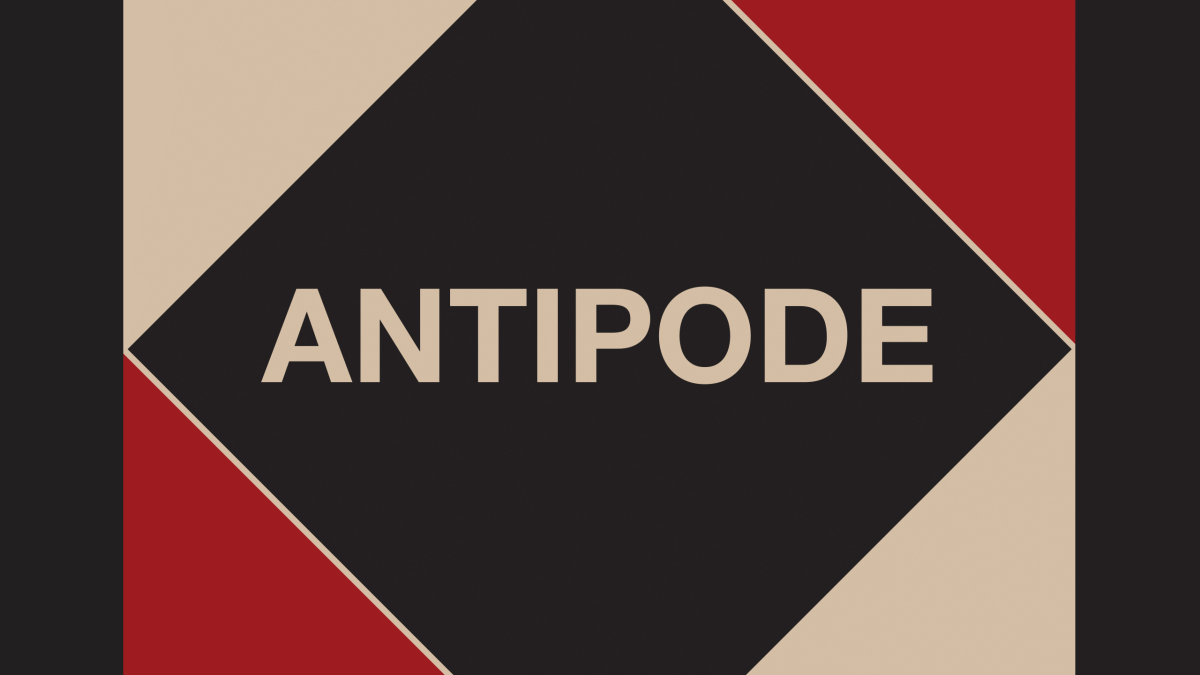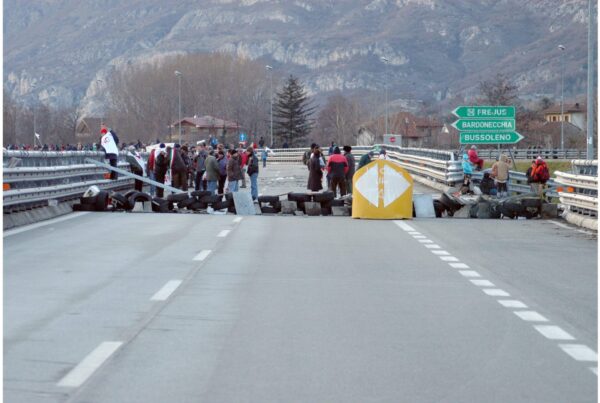By Joaquin Villanueva*
A new online symposium in the radical geography journal Antipode reflects on the state of critical and radical geography today, 44 years after David Harvey’s groundbreaking essay “Revolutionary and Counter-Revolutionary Theory in Geography and the Problem of Ghetto Formation”.
Critical geography is an exciting field that has evolved and considerably expanded over the past forty years. Critical and radical geographers engage in sophisticated theoretical and empirical work that has enriched our conceptual apparatus and enabled us to engage in critical discussions about local, regional and global processes. Critical geographers, moreover, discuss relevant and current issues with rigor and passion. From the recent “migrant crisis” in Europe, political ecological struggles, war and peaceful conflicts, and the spatial manifestations of exploitation and dispossession, critical geographers are able to intervene in the most pressing issues of our times.
Forty odd years ago, however, the discipline of geography was becoming irrelevant, unable to comment and, much less, intervene in the “objective social conditions” of the time. It was in 1972 that David Harvey issued a call for geographers to more fully engage with the “objective social conditions” of the time and to revolutionize the paradigms that governed the discipline at the time.

David Harvey being interviewed. Source: marxismocritico.com
With this call in mind, I invited a group of scholars to reflect on the state of critical and radical geography today by asking them “Did we accomplish the revolution in geographic thought?” The panel discussion at the 2016 Association of American Geographers (AAG) Annual Meeting in San Francisco was very instructive and generated a good debate with the audience.
Based on that panel, we decided to publish the panelists’ interventions in an online symposium in the radical geography journal Antipode. There, the reader will find that critical geographers are still hesitant to declare that we have accomplished a revolution in geographic thought.
Despite the enormous and exciting work being done by critical and radical geographers, the interventions in this online symposium point to some “counter-revolutionary” tendencies that still haunt the discipline until this day. This is explicitly articulated in the interventions by Don Mitchell and Bob Ross.
Don Mitchell identifies various “counter-revolutionary” theories in geography that are “anti-historical materialism.” Bob Ross, on the other hand, shifts our attention to the mechanisms for distributing geographic knowledge (peer-review journals, hefty fees for accessing them, and convoluted academic jargons) which prevent revolutionary theories to be read widely.
George Henderson, on his part, signposts four ironies—reflexivity, positionality, identity, and intentionality—which complicate the relationship between the “objective social conditions” of our time and geographic knowledge.
Finally, Jenny Pickerill and Simon Springer engage with the notion of revolution. Drawing on the anarchist tradition in geography, Springer suggests we conceive geographic knowledge evolving through “the ongoing process of subversion” rather than a single revolutionary moment. Pickerill highlights the great strides geographic knowledge has made since the 1970s but pushes us to engage more deeply in revolutionary “actions”.
Although the discipline is more critical and radical than it was in 1972, we have yet to fully address Harvey’s call. More radical and critical work lies ahead of us, and our hope is that this symposium helps fuel those efforts moving forward.
Joaquín Villanueva is Assistant Professor of Geography at Gustavus Adolphus College. He engages with urban, political, legal and carceral geography scholarship to explore the encounter between the criminal justice system and marginalized populations in the Parisian banlieue and the pernicious spatial effects of this contentious relationship





